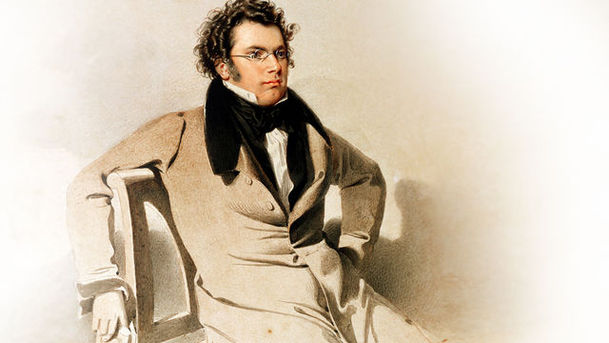Franz Peter Schubert: The Greatest Love and the Greatest Sorrow

Franz Schubert was undervalued in his own lifetime and for at least the next century because he died young and, for all the appreciation of his intimate circle of friends, he failed to achieve public recognition and financial success. He was the first great composer in western music to live by his art alone, without patronage, but he enjoyed only one public concert of his music in his lifetime. Christopher Nupen's documentary uses Schubert's words and music to help us feel closer to what the composer himself was trying to say. The film begins with the funeral of Beethoven, at which Schubert was a torch bearer, and the story is told almost entirely in music that Schubert wrote between then and his death. It includes quotations from his letters and diaries and the words that he chose to set in some of his songs. The title, The Greatest Love and the Greatest Sorrow, is taken from a dream which Schubert wrote down on July 3rd 1822 and which is quoted in full in the film. There are no actors, just words, music, musicians and an anonymous storyteller predominantly using Schubert's own words. It features Vladimir Ashkenazy (piano), Andreas Schmidt (baritone), Michael Sanderling (cello), Antje Weithaas (violin), the Petersen Quartet and the Bavarian Radio Symphony Orchestra and Chorus conducted by Wolfgang Sawallisch.